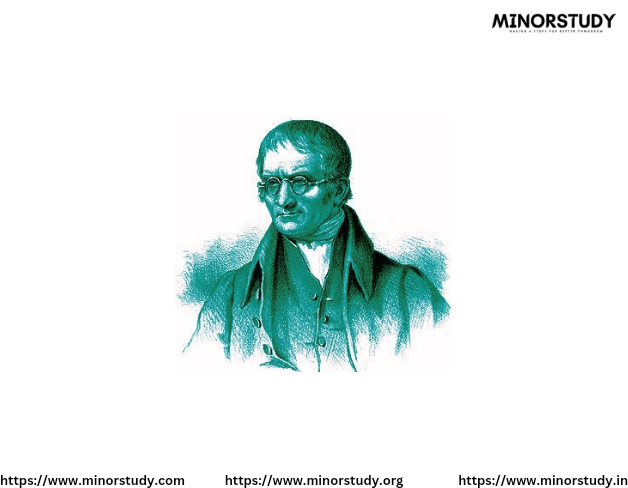Wangari Maathai
- Minorstudy Web blogs
- Dec 6, 2024
- 3 min read

Wangari Maathai (April 1, 1940 – September 25, 2011) was a Kenyan environmental and political activist, as well as the first African woman to win the Nobel Peace Prize (2004) for her contribution to sustainable development, democracy, and peace. She was renowned for her work in environmental conservation, women's rights, and human development, and is perhaps best known for founding the Green Belt Movement, an environmental organization that focuses on tree planting, environmental conservation, and empowering women.
Early Life and Education:
Born: April 1, 1940, in Nyeri, Kenya, into a Kikuyu family.
Maathai was an outstanding student, earning a scholarship to study in the United States. She attended Mount St. Scholastica College in Atchison, Kansas, where she obtained a bachelor’s degree in biology.
She then continued her studies at the University of Pittsburgh, earning a master's degree in biology before returning to Kenya.
Key Contributions:
1. The Green Belt Movement:
In 1977, Maathai founded the Green Belt Movement, a grassroots environmental organization that encouraged the planting of trees to combat deforestation and erosion, improve the environment, and empower women.
The movement began in Kenya, where women were given the resources to plant trees in their communities, addressing both environmental degradation and the need for income and social empowerment.
The Green Belt Movement has led to the planting of over 50 million trees and has inspired similar initiatives globally.
2. Advocacy for Women's Rights:
Maathai was deeply involved in advocating for women’s rights and gender equality, emphasizing the importance of women’s roles in environmental stewardship.
Through the Green Belt Movement, she provided women with jobs and opportunities to become leaders in their communities.
3. Political and Human Rights Activism:
Maathai was a vocal critic of environmental degradation caused by government policies and corporate interests. She also advocated for good governance and democracy in Kenya.
She served as a member of parliament and was appointed as the Assistant Minister for Environment and Natural Resources in 2003 under President Mwai Kibaki.
She was also an outspoken critic of the government's authoritarian practices, fighting against corruption and advocating for the protection of human rights.
Nobel Peace Prize (2004):
Wangari Maathai received the Nobel Peace Prize in 2004 for her contribution to sustainable development, democracy, and peace. She was recognized for her role in advancing environmental conservation, promoting women's empowerment, and leading a peaceful environmental movement.
Her Nobel Prize was significant, as it highlighted the connection between environmental issues, human rights, and peace, promoting the idea that environmental sustainability is essential for a peaceful and prosperous society.
Personal Life and Legacy:
Maathai's personal life was marked by her resilience in the face of adversity. She faced political opposition, including harassment from the Kenyan government, and personal challenges, including a difficult divorce.
Despite these challenges, she continued her activism throughout her life, and her legacy lives on through the work of the Green Belt Movement and her numerous global followers.
Her leadership also inspired the global movement toward integrating women’s rights, environmentalism, and peace.
Interesting Facts:
Maathai was the first African woman to win the Nobel Peace Prize.
She was an advocate for the democratic process, environmental sustainability, and global peace.
Maathai held numerous honorary degrees and was named a United Nations Environment Programme (UNEP) Goodwill Ambassador.
In addition to her work with the Green Belt Movement, Maathai authored several books, including her memoir "Unbowed" (2006), in which she reflected on her activism and the challenges she faced.
Quotes:
"It’s the little things citizens do. That’s what will make the difference. My little thing is planting trees."
"The generation that destroys the environment is not the generation that pays the price. That is the problem."
"I will be a voice for those who do not have a voice."
Significance:
Wangari Maathai's legacy is profound. She was not only a leading environmentalist but also a symbol of the intersection between human rights, gender equality, and environmental sustainability. Her life and work have inspired countless people globally to become advocates for environmental conservation and social justice. Through her relentless activism, Maathai showed that ordinary individuals can make a significant impact on their communities and the world.











Comments